Education
June 29, 2015

Published by Tahsinah Ahmed at Jun 29 2015
In Bangladesh, there has been significant improvement in primary and secondary education. But the fact remains that as many as four million children remain out of school each year, mainly due to challenges of accessibility and affordability or being compelled to choose between earning and education.
June 21, 2015
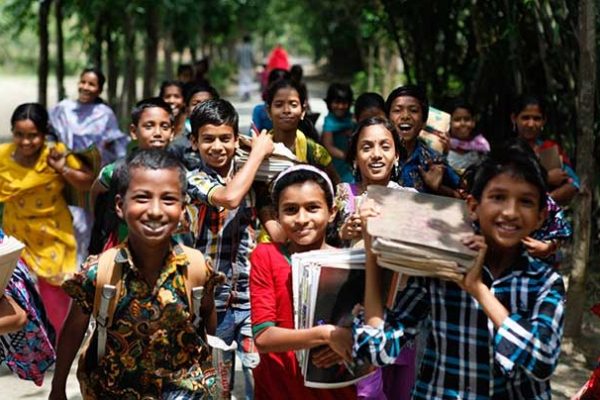
Published by Sumaiya Haque at Jun 21 2015
Categories
Taking on the challenge of reaching out to children of families who face social exclusion, BRAC’s education programme has reached out to the children of sex workers. My visit to a school in Douladia showed me what it means to work with a group that is socially neglected.
June 15, 2015
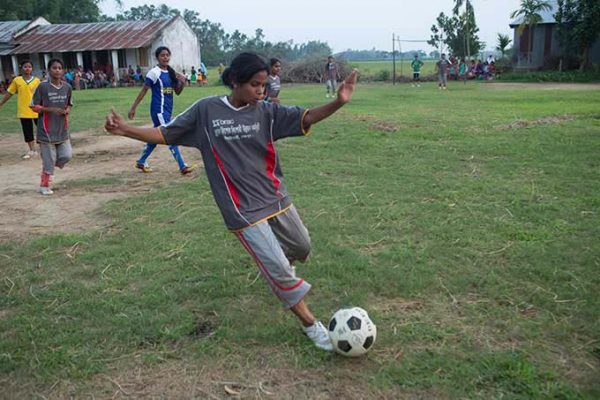
Published by Anushka Zafar at Jun 15 2015
Engaging in sports intrinsically makes you more mindful about your body. You may start speculating how to be healthier – a good entry point for inquiring about your general well-being. For adolescent girls in marginalised communities, these questions can lead to discussions about more sensitive topics, particularly sexual and reproductive health.
May 28, 2015
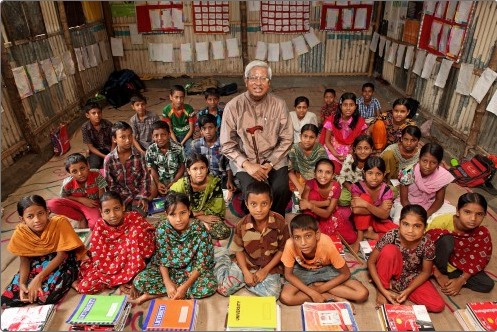
Published by Sir Fazle Hasan Abed KCMG at May 28 2015
As the World Education Forum meets in Incheon, South Korea, it is time to confront some unsettling facts about the state of education in the world today. More than 91 per cent of children of primary school age are now enrolled in school, but progress on educating the remaining 9 per cent has slowed to a near standstill. The numbers have barely moved since 2005, and girls are still disproportionately left behind.
May 17, 2015
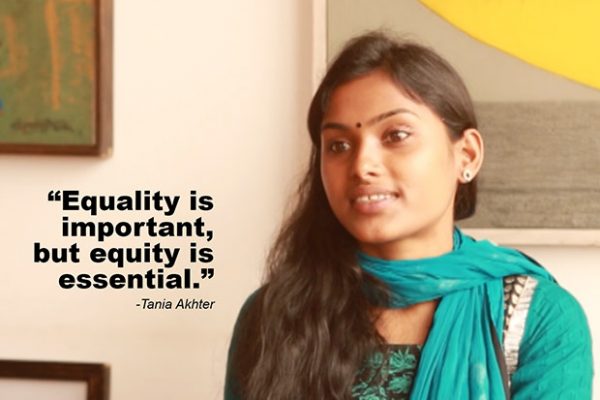
Published by Sumaiya Haque at May 17 2015
17-year-old Tania Akhter was preparing for her final year college exams when life had a pleasant surprise to offer. A member of BRAC’s adolescent club, she was quickly acknowledged for her leadership skills. Tania joined the club when she was in class 6, and since then coordinators have kept an eye on her development. Tania also received training on livelihood skills as part of the club’s activities.
May 11, 2015

Published by Saba El Kabir at May 11 2015
Golap Shah is a 14-year-old student of class 8 at Kolatoli High School in Cox’s Bazar. She is somewhat hesitant when talking about her life – impeded in no small part by her having to abandon her dialect in order to communicate. But once the conversation turns towards the one passion of her life, her face lights up with an infectious smile, her apparent unease replaced by a sense of self-belief and an eagerness to let the world know what her life is really all about. Every day, between school, studies, and her daily chores, between 4pm and sunset, she takes to the waves of the Bay of Bengal, her and her surfing board ready for everything the sea has to offer.
May 6, 2015
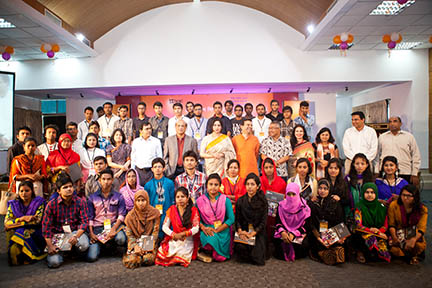
Published by Sameeha Suraiya at May 06 2015
In Bangladesh, far too many students do not get the chance to go to college. In a country where 30 per cent of the population are young (10-24 years), it remains evident that much of the potential remain untapped, and too many young voices go unheard. Medhabikash, a scholarship programme that funds meritorious and underprivileged students, offers a second chance at learning- the kind that transcends social and economic boundaries.
April 23, 2015
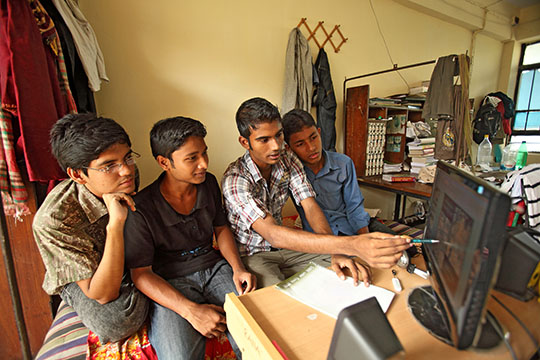
Imagine you have just received the result of your secondary school certificate exam (equivalent to GCSE O’Levels). Congratulations! You have been awarded the highest grades: GPA 5, securing more than 80 per cent in all the subjects. You and your whole family celebrate while you start planning to go to a top college. Future is all set! But what if you are an indigenous girl in a poor family of five like Laome? Or what if your father is unemployed and your mother takes care of you and your three siblings on her own like Habib’s family? The future does not look that bright now – it looks quite bleak.
April 13, 2015

Published by Shuprova Tasneem at Apr 13 2015
In Dhaka, it is a common sight to see street children running around, dodging vehicles, and weaving in and out of traffic jams. Some beg for money while others attempt to sell flowers, stickers or candy. It is also common to see street children carrying loads, often too heavy a burden for their little shoulders. But these are only a few examples of occupations street children are forced to take on. Many homeless boys and girls at BRAC’s children’s centres for the urban street children programme (USCP) were involved in similar jobs before being taken in, in 2013.
March 8, 2015
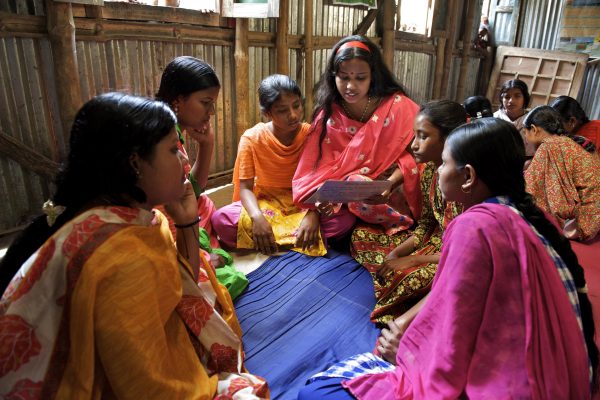
Published by M Niaz Asadullah at Mar 08 2015
According to UNESCO, South Asia is home to 335 million adolescents between the ages of 10-19 years, but only 51 per cent attend secondary school. Schooling is important for realising the full potential of learning in adolescence. However, simply increasing the number of students enrolled at school may not be enough in countries where teachers are poorly trained or not even present to teach in the classroom. Inadequate school quality combined with household poverty may limit the potential gains from schooling.
February 25, 2015

Published by Sameeha Suraiya at Feb 25 2015
Categories
In some Bangladeshi schools, talking about problems is getting easier, and it’s about time. Especially when more than half of the students drop out of school once they complete their primary education. Various social pressures faced by adolescents contribute to the high level of dropouts.
January 1, 2015
Published by Syeda Samara Mortada at Jan 01 2015
“As long as I have these two hands, I will continue to write,” says Lunkuse Betty Ssekirevu. “I want to write stories of Africa, and share the narratives that are yet to be told.” Betty lives in a village in Uganda along with her mother and her siblings. Awarded with a scholarship from The MasterCard Foundation Scholars Program at BRAC, she has currently applied to top universities in the USA to pursue her higher studies.

